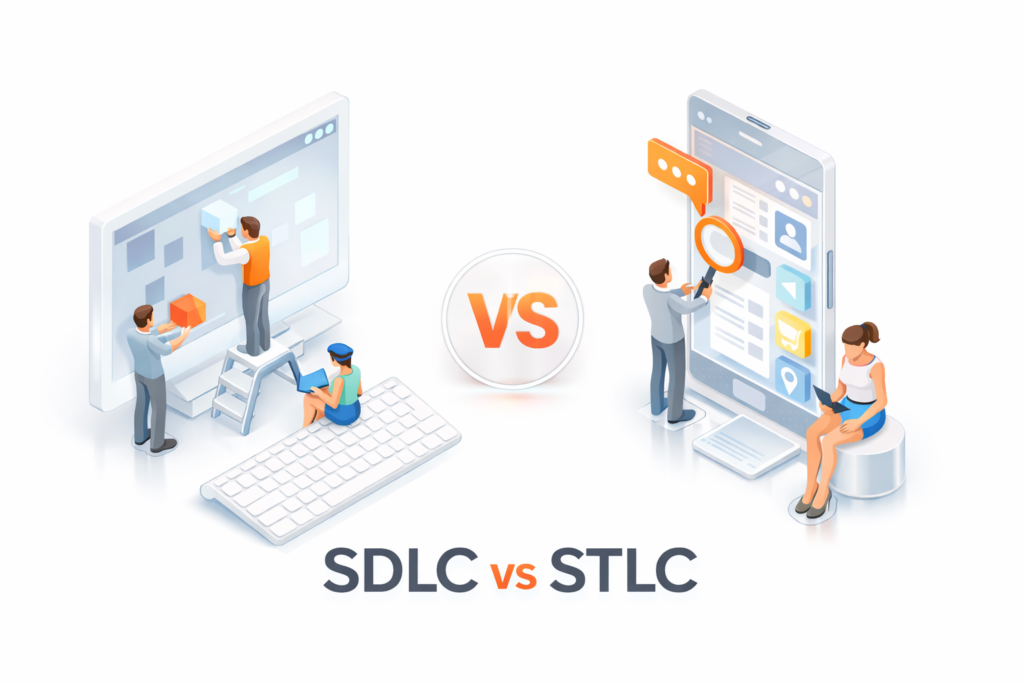Testing is required for proper performance of software, including critical backend services where API performance optimization becomes essential. For any business it is important that the system/product doesn’t crash or fire critical errors, because prevention is always cheaper than a hot bug fix.
As the competition in the IT sector grows, businesses need to have effective software testing tools in limited time to be profitable. Most top managers not only understand it, but they forecast possible expenditures if any errors could occur and try to decrease them using different tests before launch. All that is needed is to check all steps of development on different platforms, in all web browsers and supported operating systems. Sound easy but in reality is not always like this in execution.
If you take your own opportunities to test and use your resources – it is ok, your team can improve its skills by learning new tools and technologies and pass on the gains to the company. But you will spend valuable time while choosing a testing tool, accommodate it and so on. Therefore the professional approach of an experienced specialist may become cheaper for your business.
Professional experienced testers can advise you on the best tools for your project with the best functionality.
Differences in Testing Tools
It is important to compare not only technical tools characteristics and automated levels, but also to assess and compare the testing approaches. For example, creating a test project testing tool loads files in an integrated development environment, but doesn’t do testing programs and test scripts till the moment you will do exact actions.
Instruments can have hidden defects. It is important not only to load code in one of them, but to write simple test scripts for every method in the test class. Does the tool create a full testing program? Is it possible to use a graphic user interface to determine parameters and ordinary datas for mutual testing scripts or do you need to write the code manually?
Also support of the vendors’ program can be interpreted differently.
How to Evaluate Testing Tools
There are some factors to choose a proper testing tool that is needed to do carefully because it influences your business results.
Factors when choosing testing tools:
Steps in the Most Effective Testing Tool Selection
Understand project requirements
Quality Assurance can help to improve the project quality. To do so, one needs to acquire a deep understanding about the project requirements, project type and its size, before the project begins. There is no such instrument that is good or bad for the project, but any instrument’s ROI depends on the project goal.
Determine key criteria which are best for the project
There are many key points but let’s underline some of them:
Conclusion
Testing tools are crucial. As far as demand for client validation grows specialists need more smarter and modern instruments to be ahead and help business grow. It is important to understand how automated the process is, easy to use, and evaluate the usefulness of support.
Read our another articles about different testing tools
Top 10 Online Load Testing Tools
To learn more about our company, feel free to visit our website.



